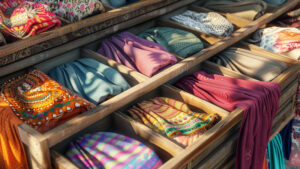
How often should you wash a head scarf (hijab)?
Washing a headscarf feels like a puzzle—too often, and it fades; too little, and it smells. I’ve learned the sweet spot through trial and error.

Washing a headscarf feels like a puzzle—too often, and it fades; too little, and it smells. I’ve learned the sweet spot through trial and error.

Windy days turn my hair into a bird’s nest—I’ve literally found leaves in it. But over time, I’ve cracked the code to keep tangles at
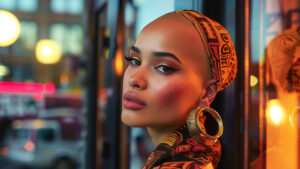
A shaved head is bold, beautiful, and freeing. But sometimes, you want to switch it up—enter headscarves. They’re not just covers; they’re confidence boosters. The
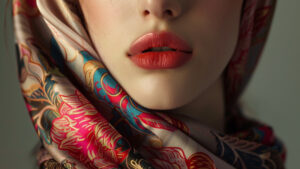
Fashion headscarves? They’re like old friends—versatile, comforting, and full of surprises. I’ve worn them as bad-hair-day saviors, statement pieces, and even conversation starters at parties.
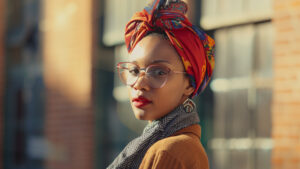
Scarves are like the Swiss Army knife of fashion – they can transform an outfit, tell a story, or even save a bad hair day.

I still remember my first time hunting for wholesale silk scarves – I felt like a kid lost in a candy store, overwhelmed by choices

I remember the first time I bought a head scarf online—it was a disaster. Too small, too scratchy, and nothing like the picture. But I’ve
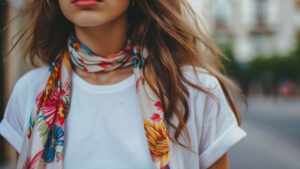
I used to think scarves were only for winter coats—until I saw my friend Ana tie a floral silk scarf with a plain white tee.

A hair scarf is a stylish and practical accessory that can elevate your look in minutes. Tying it correctly, however, can make all the difference.

Headscarves are more than just accessories—they’re a way to express your personality, elevate your style, and even solve those "what to wear" dilemmas. From quick
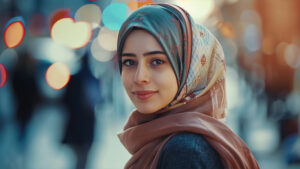
I remember sitting with my friend Yasmin, flipping through her worn Quran. "People think it’s just about cloth," she said. "But hijab is so much
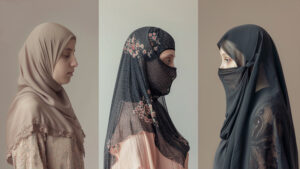
I used to mix up these coverings until my friend Amina showed me her wardrobe. "They’re like different dialects of the same language," she explained.
© 2025 Vormea | Operated by Fuzhou Shuaiwen Trading Co., Ltd. All Rights Reserved.
WhatsApp us
Tell us your requirements — we reply within 12 hours.
Prefer WhatsApp? Contact us: +86 18065981600